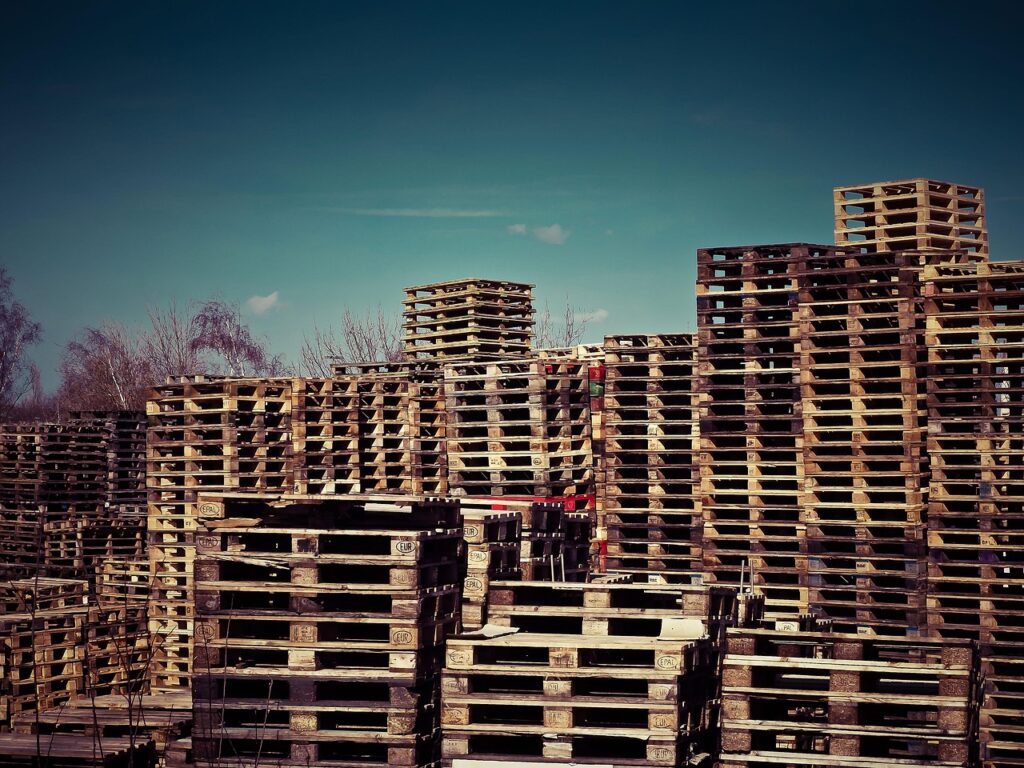Architectural cladding suppliers provide essential materials and solutions that protect and enhance building exteriors. These suppliers offer a range of products, including aluminum panels, composite materials, metal facades, and sustainable options designed to meet both aesthetic and functional needs. Choosing the right supplier ensures access to high-quality, durable cladding systems tailored to the specific demands of each project.
Many suppliers also offer custom designs and project management services to support architects, builders, and contractors from planning through installation. Their expertise helps optimize durability, energy efficiency, and style in both residential and commercial applications. The availability of innovative cladding technologies has made it easier to achieve modern, visually appealing, and long-lasting exterior facades.
With a growing focus on sustainability and environmental impact, suppliers often provide options that balance performance with eco-friendly materials. By working with reputable architectural cladding providers, project stakeholders can ensure their buildings are protected against weather while maintaining a polished, professional look.
Top Architectural Cladding Suppliers
Architectural cladding suppliers vary by global reach, regional influence, and the specific products they offer. Understanding these distinctions helps professionals select the right partner and materials for their projects. Supplier expertise, product innovation, and market presence all factor into their standing.
Leading Global Brands
Several global brands dominate the architectural cladding industry by consistently delivering high-quality, innovative solutions. Companies like Trespa International and EQUITONE are recognized for their broad range of decorative panels available in over 200 colors and designs, meeting diverse architectural needs.
Others, such as Larson®, specialize in composite aluminum panels with fire-resistant cores, targeting safety-conscious construction. These brands maintain extensive distribution networks, allowing them to serve projects worldwide while adhering to strict quality and environmental standards.
Regional Market Leaders
Regional suppliers focus on serving localized demands and climates while often partnering with global manufacturers. In Canada, firms actively promote energy-efficient cladding systems tailored to colder environments and sustainability goals.
Companies like CSS CLADDING Ltd and The Midland Group blend local expertise with global products, offering solutions for multi-family, commercial, and municipal sectors. Meanwhile, Haus Architectural Supply emphasizes durability and aesthetics across exterior cladding, roofing, and glazing systems in its markets.
Key Product Offerings
Cladding products range widely to meet architectural and functional requirements. Common materials include aluminum composite panels (ACM), fiber cement, metal panels, and rainscreen facades.
Typical offerings include:
- Exterior cladding panels: Decorative and weather-resistant surfaces.
- Rainscreen facades: Systems promoting ventilation and moisture control.
- Interior wall panels: Decorative finishes for indoor design.
- Roofing cladding: Durable protection against elements.
Suppliers often customize products by color, texture, and performance features such as fire resistance, thermal efficiency, and ease of installation, addressing specific project demands.
Selecting the Right Architectural Cladding Supplier
Choosing a supplier involves evaluating product quality, environmental impact, and the support they provide throughout the project lifecycle. Each factor directly influences the durability and performance of the cladding, as well as the efficiency of installation and maintenance.
Quality Standards and Certifications
Reliable suppliers maintain strict quality control to ensure cladding materials meet industry standards. Certifications such as ISO 9001 demonstrate consistent manufacturing processes and adherence to global benchmarks.
Suppliers offering materials tested for fire resistance, moisture durability, and thermal efficiency provide assurance on product reliability. It’s important that cladding meets local building codes and regulations.
Verification of product warranties and performance guarantees also signals firmness in quality commitments. Clients should request documentation and sample reports to confirm compliance before procurement.
Sustainability Practices
Sustainable sourcing and eco-friendly manufacturing methods are increasingly important. Suppliers that use recycled content or renewable materials contribute to reducing environmental impact.
Energy-efficient production processes and commitment to waste minimization reflect responsible business practices. Suppliers with certifications like LEED or Environmental Product Declarations (EPDs) can validate these claims.
Transparent supply chains that prioritize ethical labor and reduced carbon footprints enhance the sustainability profile of the cladding. This supports client goals for green building certification and long-term environmental responsibility.
Project Support Services
Comprehensive technical assistance during design, installation, and maintenance phases is a key benefit of reputable suppliers. They provide detailed guidance on product selection to match architectural specifications and climate conditions.
Training for contractors and availability of after-sales services help prevent common errors and ensure longevity of cladding systems. Timely delivery schedules and inventory management minimize project delays.
Strong communication channels and experienced project managers from the supplier help address issues swiftly. This support reduces risk and improves overall project efficiency.
